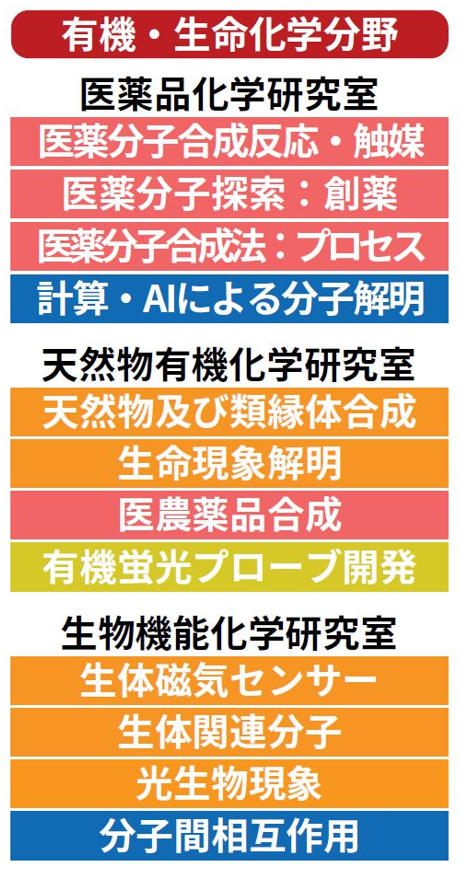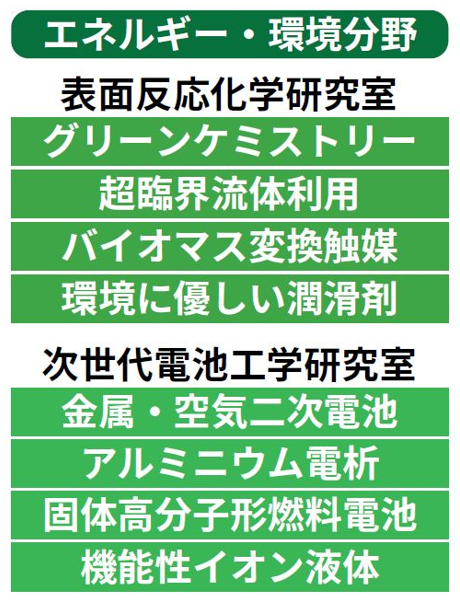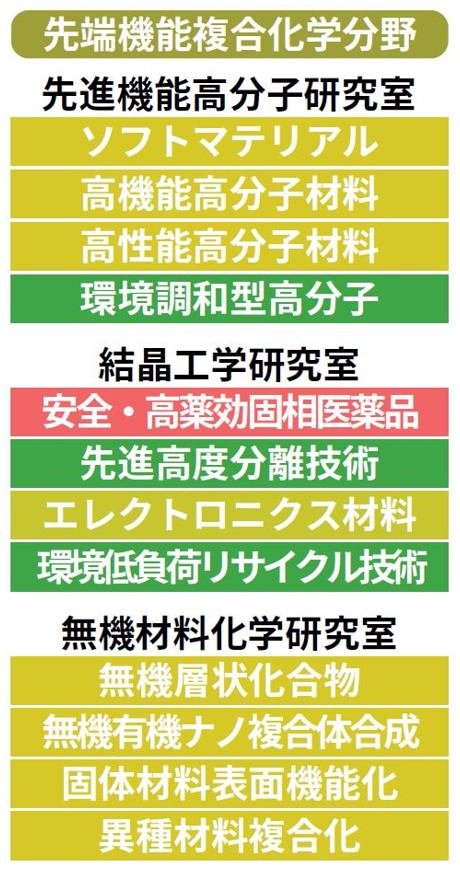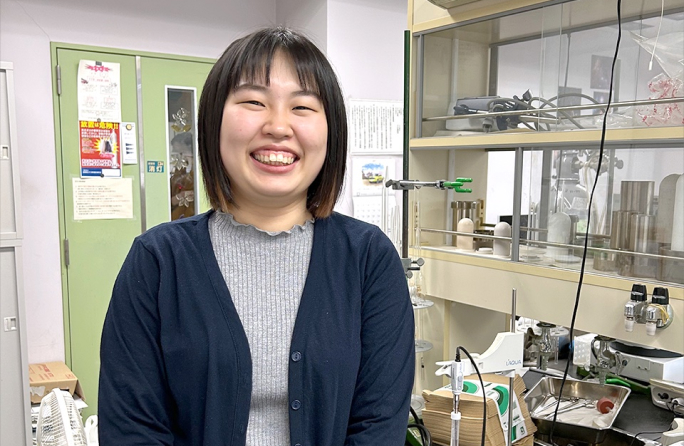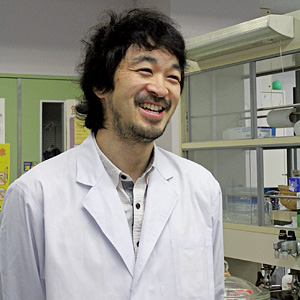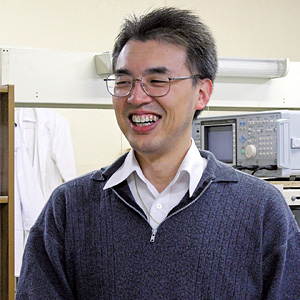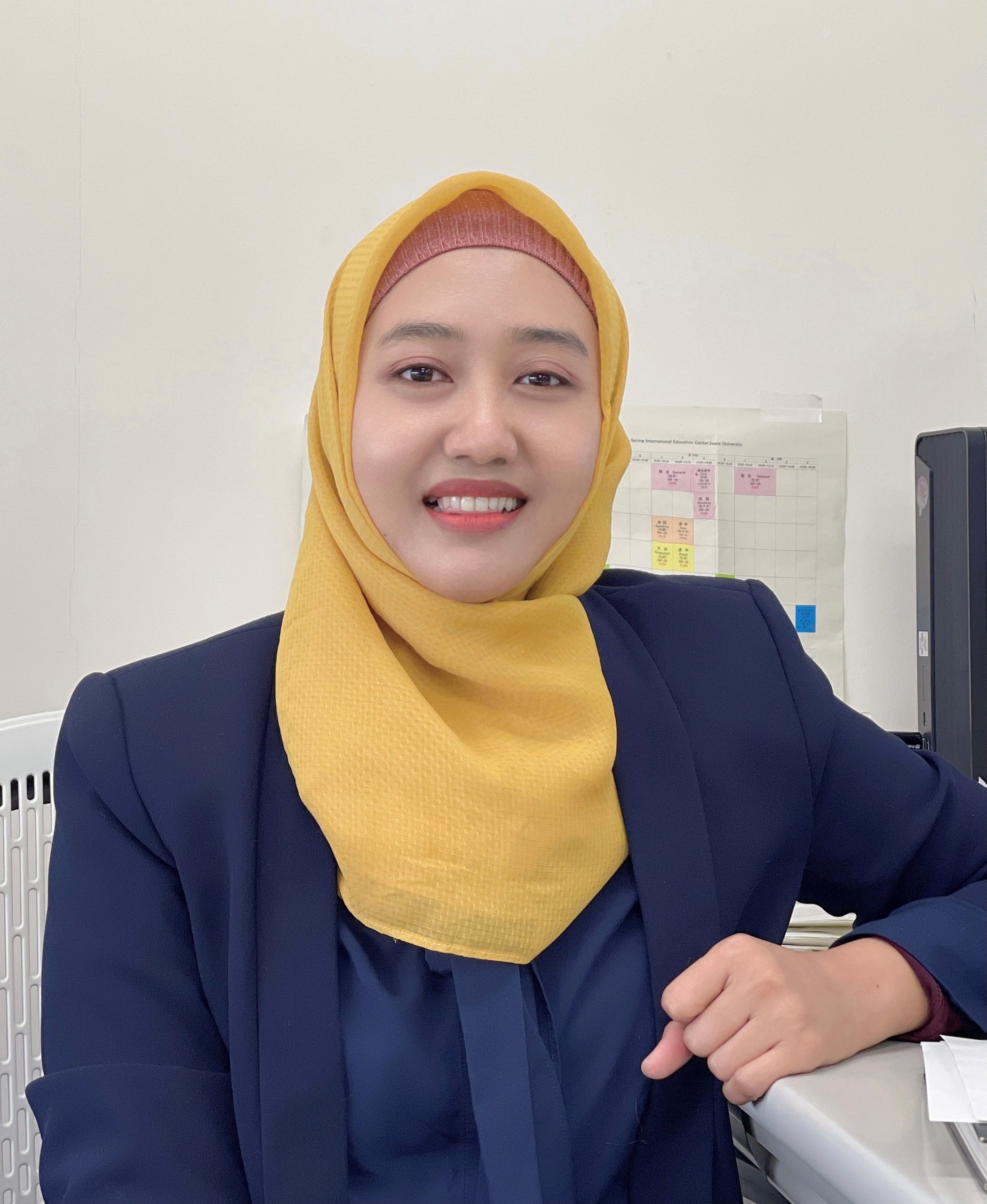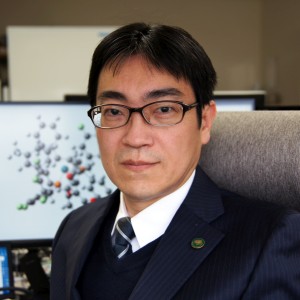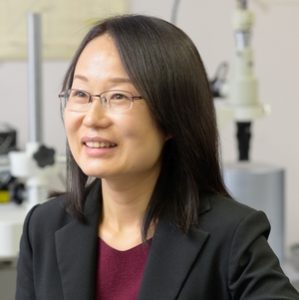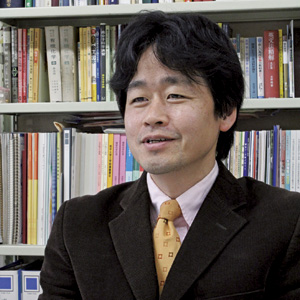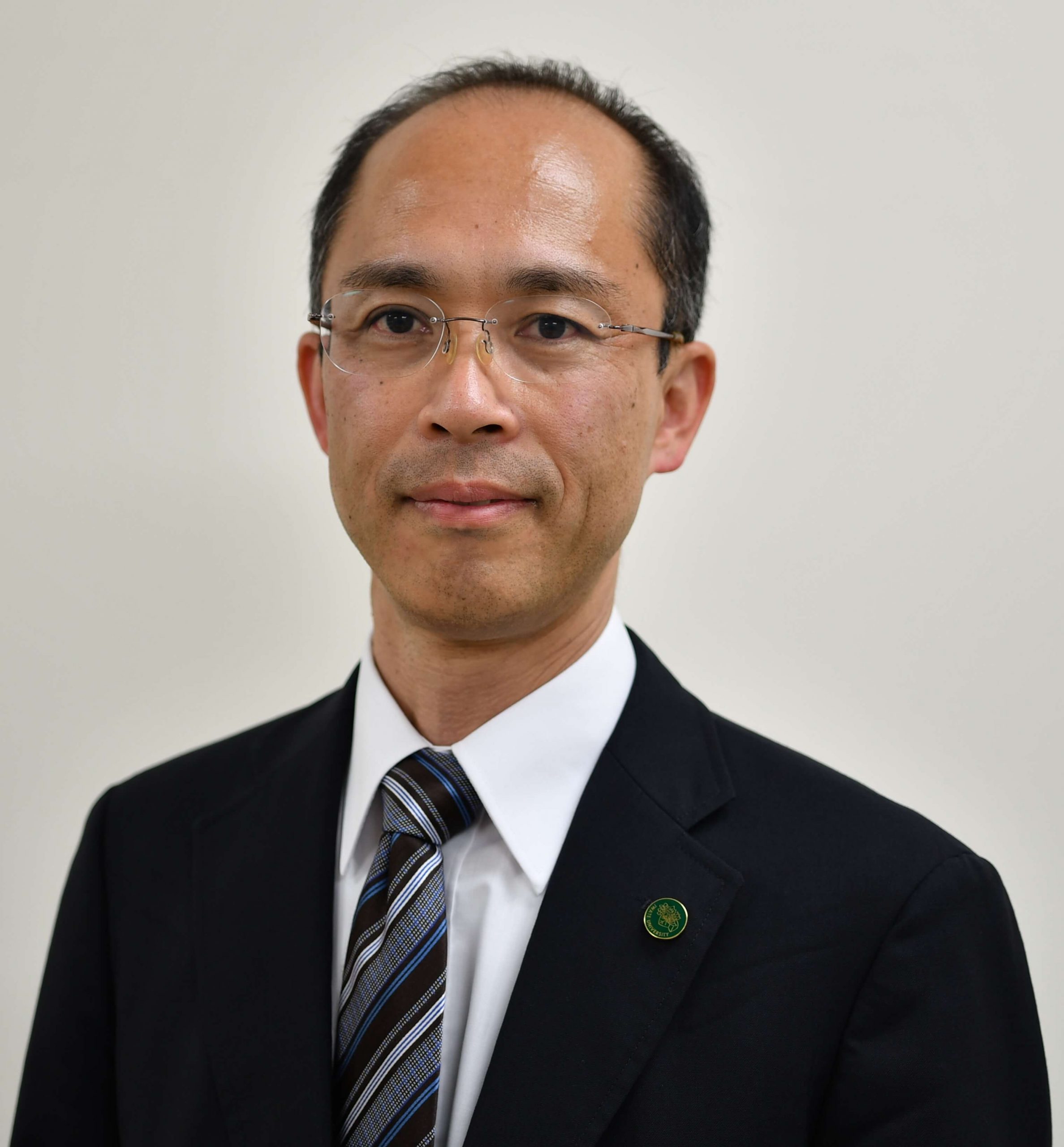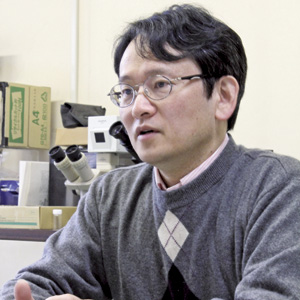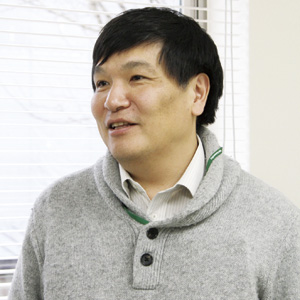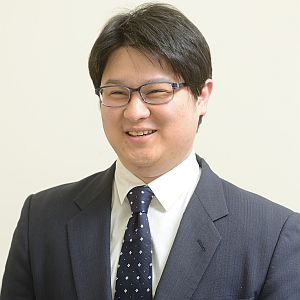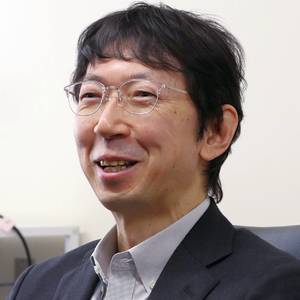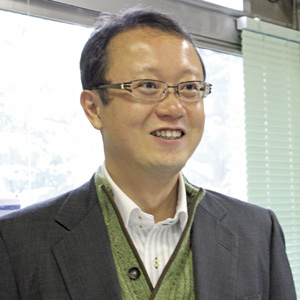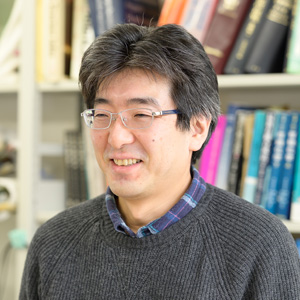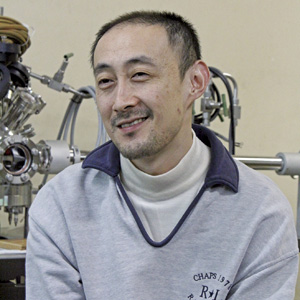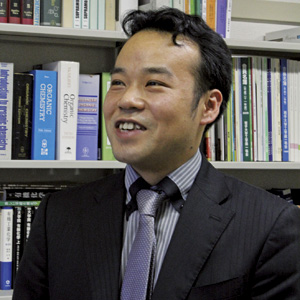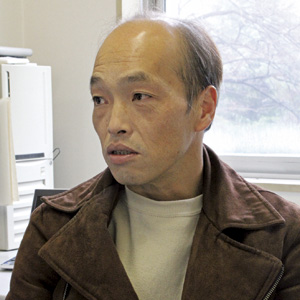I transferred from a technical college to a university. During my graduation research at the college of technology, I conducted research on layered double hydroxide (LDH) and carbon nanotube (CNT). I also had a yearning to become a researcher because of the teachers at the college of technology, so I decided to transfer to a university. I transferred as a junior and spent two years at university, but I was only able to engage in research for one year during my senior year. For that reason, I want to continue my research and deepen my knowledge, so I decided to enter graduate school.
The biggest difference between undergraduate and graduate school is that I can concentrate on my research. I have fewer classes than undergraduates and spend most of my time in the laboratory, so I can do a lot of experiments. Therefore, I can work on my research with a sense of responsibility and give guidance to junior students in the laboratory, and I can work on my research with more awareness than I did in the undergraduate school.
Also, when I receive an award at a conference presentation, I feel a sense of accomplishment and relief that what I have done was not wrong, which makes me very happy. I also have the opportunity to meet professors and students from other universities and research institutes, and each time I do, I realize that my experience and knowledge are growing and expanding.
Currently, I am continuing my undergraduate research on the synthesis of CNTs using LDH as a catalyst precursor. I am mainly studying the effects of the composition and crystallinity of Co-containing LDH on the synthesis of CNTs. To this end, I synthesize LDHs with different crystallinity and crystal size by various synthesis methods such as hydrothermal method, homogeneous precipitation method using urea, and solid phase reaction method, and synthesize CNTs using these LDHs. Currently, I am analyzing LDH during the synthesis of CNT using various analytical instruments such as TEM and XPS in order to investigate the catalytic mechanism of LDH.
It’s fun to predict the results of experiments and have them turn out as predicted. Additionally, I am very happy when I can find the cause or new findings by conducting various analyses of the results that do not turn out as imagined, and analyzing them with reference to papers and other sources. I also enjoy presenting the results at conferences and exchanging opinions with many professors.
My laboratory has a core time from 9:00 to 17:30. During the core time, I conduct experiments, read papers, attend seminars, and do desk work. By concentrating on my research during these hours, I can have a lot of free time, so I am very fulfilling. It is also a great experience to be able to travel to various regions outside of the prefecture for conferences and laboratory business trips, and to be able to take measurements.
After completing the program, I decided to go on to a doctoral program because I wanted to deepen my research and to become a researcher who can play an active role in the field. I hope that society will become a place where as many students as possible will aim to become researchers, and in particular the number of female students and female researchers will increase.
